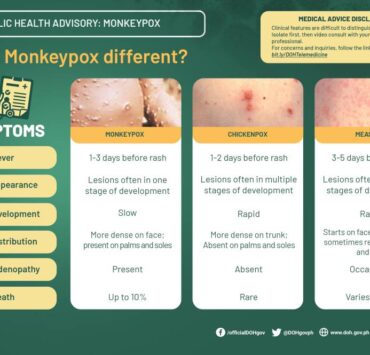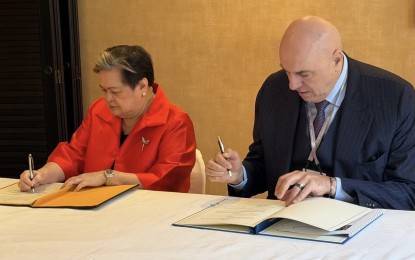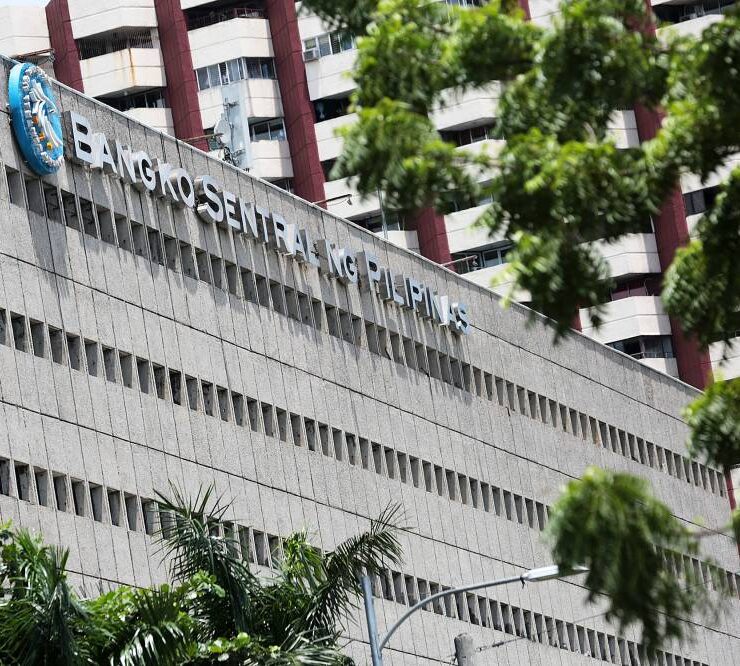The high cost of delayed environmental action
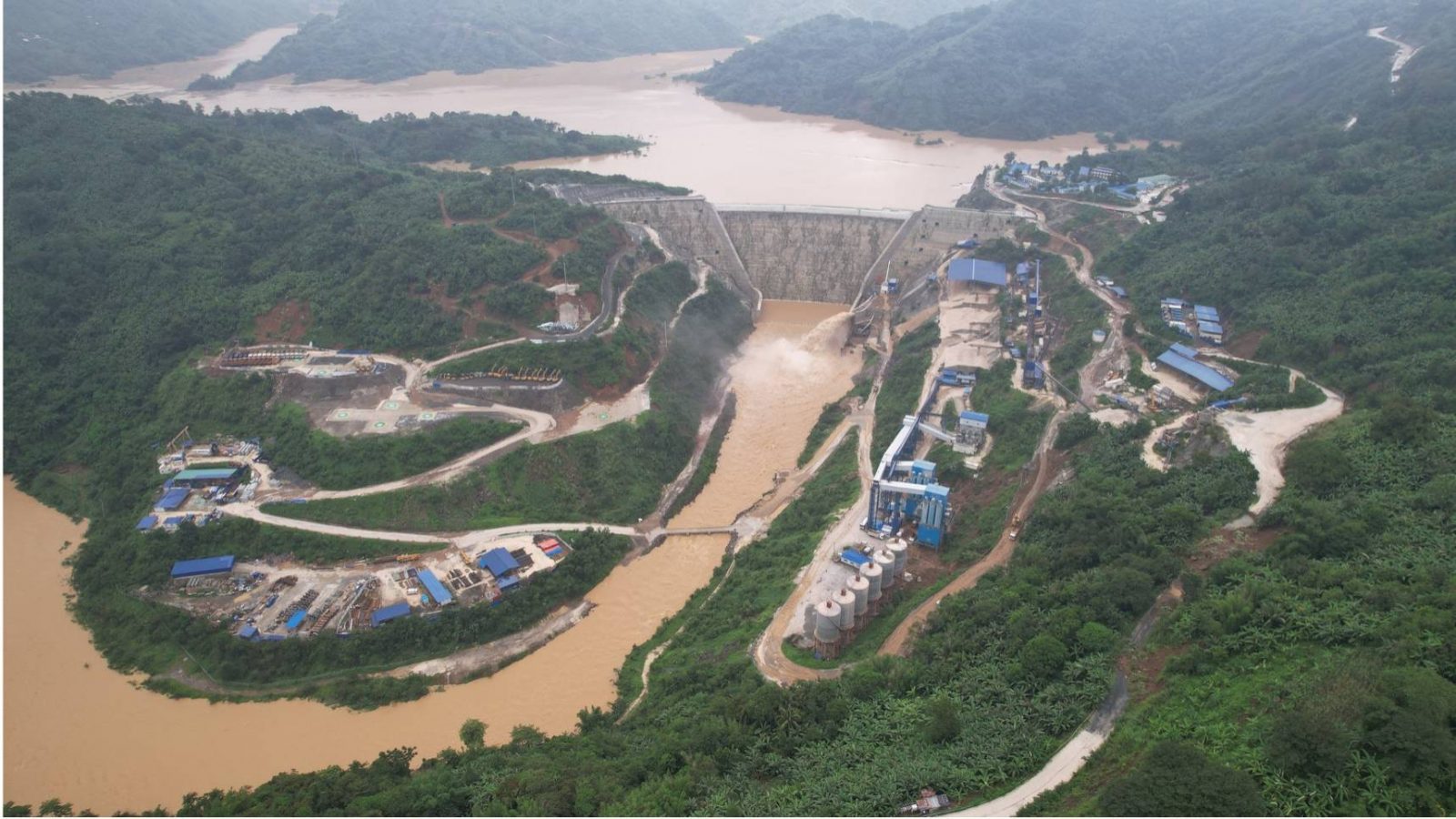
I am always amazed by song composers and singers who write their own songs. As a young kid, I used to think of them as a different breed altogether—geniuses.
One local band I place in an elite category due to its advanced and prophetic songwriting is Asin with its track “Masdan Mo Ang Kapaligiran.” In honor of our national language month, I’ve deliberately opted for a Filipino song over my usual favorite English tunes. The first time I heard that song in high school, I immediately picked up my guitar and learned how to play and sing it.
I’m not a naturally gifted guitarist, so I struggled to imitate the way Asin played their guitar, and even to this day, I still can’t get it quite right. But that’s beside the point I want to make. The lyrics “hindi na masama ang pag-unlad pag di nakakasira ng kalikasan” (progress isn’t bad as long as it doesn’t harm the environment) from 40 years ago still hold a relevant message today. Perhaps this particular song influenced my choice of career and advocacy. If only we had heeded Asin’s urging, we could be living in a better world today.
Regrettably, we often lag in our foresight, addressing the consequences only after they have taken their toll. Rachel Carson’s seminal work, “Silent Spring,” published in 1962, stands as a moving call to halt the use of pesticides, given their proven link to cancer—a truth she, as a cancer victim herself, intimately understood. Her warning about unintended ecological repercussions remains timely, underscoring the high price we pay for our delayed action in addressing the dangers of chemical interventions in agriculture.
Carson eloquently puts it: “In nature, nothing exists alone.” This powerful idea of interconnectedness underscores the urgency for a shift in our agricultural practices, moving away from the destructive impact of inorganic pesticides to improve crop yield. Carson’s words remind us that our choices today will reverberate through generations yet to come.
In the face of escalating climate concerns, the wisdom from “Silent Spring” urges us to embrace innovative farming techniques that not only safeguard the environment but also ensure sustained productivity. Let us heed Carson’s insight and commit to preserving the delicate balance of our planet because, in her words, “the more clearly we can focus our attention on the wonders and realities of the universe about us, the less taste we shall have for destruction.”
Keeling Curve
Furthermore, the groundbreaking work of scientist Charles Keeling in the 1950s, which demonstrated the link between escalating temperatures and the increasing levels of atmospheric carbon, known as the Keeling Curve, ultimately underscored the profound impact of carbon on climate change. In 1958, Keeling initiated the measurement of atmospheric carbon dioxide levels at the Mauna Loa Observatory in Hawaii. By employing meticulous analytical methods, he uncovered fresh insights into the patterns of carbon originating from both natural sources and human activities.
Through the consistent, precise, and the enduring nature of his research over numerous years, Keeling established a crucial scientific connection between the burning of fossil fuels and the phenomenon of global climate change caused by the greenhouse effect. Unfortunately, Keeling’s groundbreaking discoveries were largely overlooked and disregarded at first. It wasn’t until Al Gore published his enlightening book, “Earth in the Balance,” that Keeling’s research gained widespread recognition as undeniable evidence of carbon-induced global warming.
Today, the Keeling Curve is a daily record of global atmospheric carbon dioxide concentration maintained by the Scripps Institution of Oceanography at the University of California San Diego.
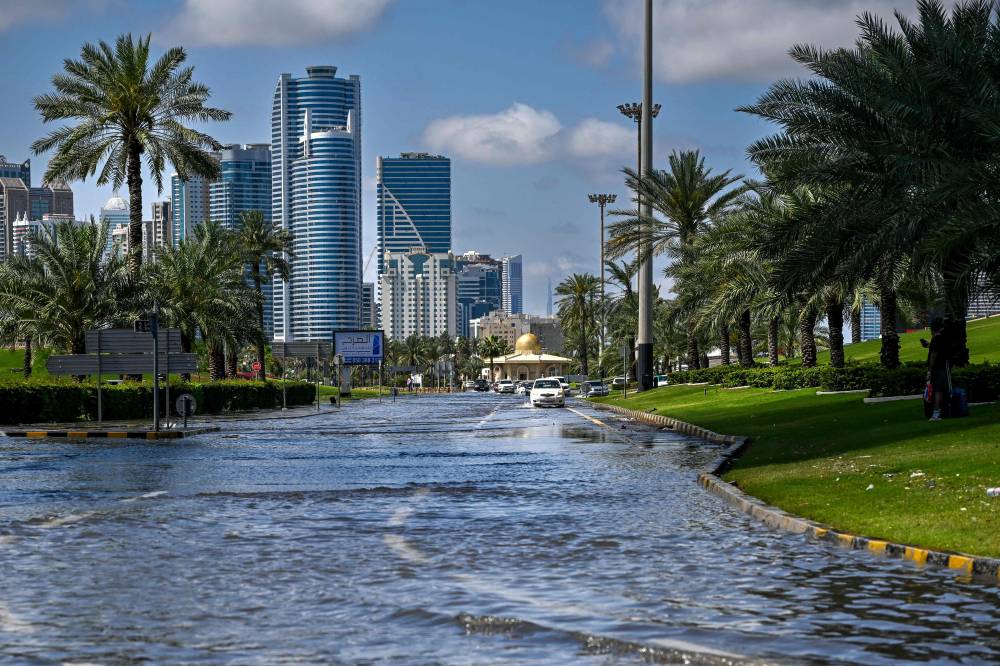
The Intergovernmental Panel on Climate Change (IPCC) has provided compelling evidence of climate change, which manifests in extreme weather events, droughts, and floods. This phenomenon is significantly affecting marine ecosystems by disrupting ecological processes and putting fisheries and other related services at risk. Rising sea levels pose a threat to corals, potentially leading to drowning or coral bleaching from extreme heat.
The changing conditions are adversely impacting certain fisheries, like the Japanese eel, which struggle to locate suitable breeding grounds. Sea birds are facing heightened risks of starvation as their prey dive deeper into the ocean due to the warming of surface waters. Additionally, the increment in sea temperatures has created favorable environments for disease agents such as cholera. These findings highlight the urgent need for global action to address the repercussions of climate change on our environment and biodiversity.
Habitat changes, storms, flooding, and temperature extremes due to climate change are significant threats to marine ecosystems. This environmental phenomenon may lead to reduced productivity or even direct mortality of marine migratory species. While some species could potentially benefit from climate change by gaining access to new feeding or breeding areas, others face greater risks. The impacts of climate change on marine migratory species are evident through habitat loss, decreased productivity, changes in prey distribution, and alterations in migration patterns caused by shifts in ocean currents and sea surface temperatures.
Innovative farming approaches
In the realm of agriculture, the conventional practice of tilling, which involves clearing land before planting, poses a detrimental effect on climate change by releasing stored carbon from the soil back into the atmosphere. This underscores the urgent need for innovative farming approaches aimed at preserving carbon in the soil without sacrificing crop yield or profitability.
Many have already embraced non-tilling agricultural methods, thus demonstrating a commitment to mitigating carbon emissions and promoting sustainable agricultural practices.
Looking forward, with the world’s population rising exponentially, the name Thomas Malthus may resonate with many. In his 1798 essay “An Essay on the Principle of Population,” Malthus cautioned about the potential for human population growth to surpass the Earth’s capacity. His assertion that the “power of population is indefinitely greater than the power in the earth to produce subsistence” foresaw a pressing challenge that has taken nearly two centuries for us to fully appreciate. While some place hope in technological advancements to address food scarcity, the lingering environmental repercussions cannot be overlooked. As Asin wisely stated, “Progress is not bad if it does not harm nature,” emphasizing the importance of prioritizing environmental preservation before it’s too late.
Dr. Michael P. Atrigenio is an Assistant Professor at the Marine Science Institute of the University of the Philippines Diliman and the program head of the Professional Masters in Tropical Marine Ecosystems Management Program. He is also the President of the Marine Environment and Resources Foundation.














